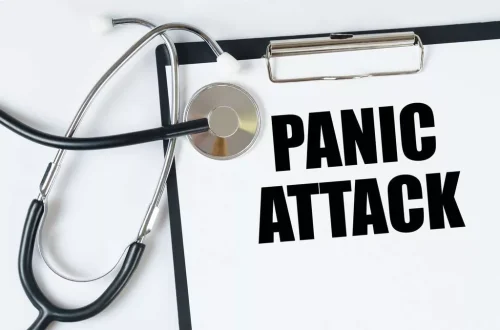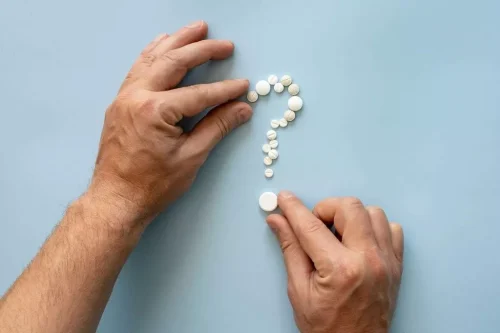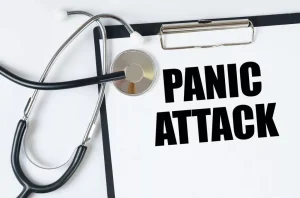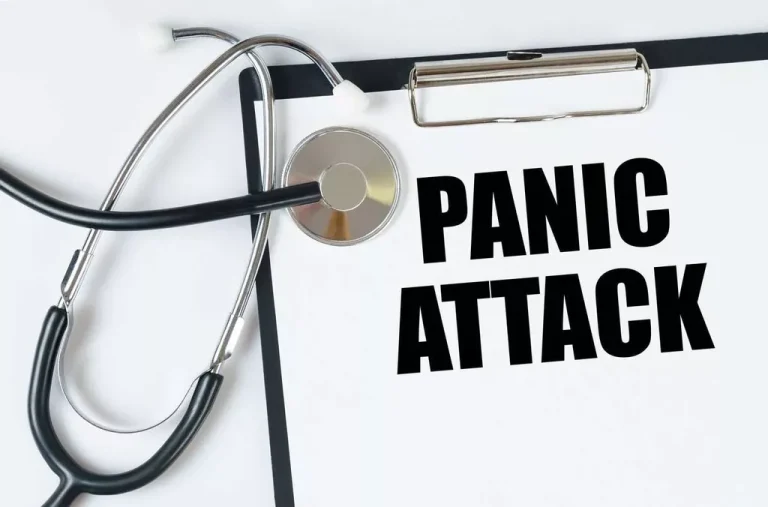Social Drinking Activates Dopamine and Elevates Mood

The hangover after a heavy drinking session can be a thoroughly miserable experience. A combination of dehydration, low blood sugar, and various by-products of alcohol can leave us struggling to move or think. In addition to alcohol effects on dopamine the health consequences, alcoholism contributes to fractured families and drunk driving that kills more than 10,000 people every year.

Will my insurance cover addiction treatment?
- Regarding alcohol use disorder specifically, we highlight the dopamine transporter and kappa opioid receptor as promising targets.
- However, in heavy drinkers or individuals with alcohol use disorders, the dopamine system can become dysregulated.
- The chemical is released and serves as a reinforcement mechanism, ensuring that animals will proactively modify their behavior in order to consume more of what they need to survive.
- This can make long-term alcohol users more prone to depression and other mood disorders.
This article suggests mechanisms by which alcohol consumption may affect multiple neurotransmitter systems Sober living house to influence behavior. Alcohol stimulates the release of dopamine in the brain’s reward system, creating feelings of pleasure. This effect is temporary, leading to repeated use as people seek to recreate the dopamine high. Dopamine dysregulation caused by chronic alcohol use is directly linked to increased rates of anxiety and depression. As alcohol suppresses natural dopamine production, individuals often experience heightened emotional instability, making it difficult to cope with everyday stresses without turning to alcohol.
2.1. Preclinical evidence: acute alcohol exposure and dopamine

A recent study of alcohol use disorder utilized brain scans to identify how reward centers in the brain responded to alcohol. The researchers compared people with family histories of alcoholism against ones who come from families with no indications of trouble, and they compared the consumption of real alcoholic mixed drinks served with vodka against the consumption of a placebo that didn’t have vodka. Drinks were served in a random order, so individuals wouldn’t know whether they were receiving an actual hard drink until they consumed it. These findings provide evidence that an “as-needed” prescription of nalmefene may be an effective treatment for alcohol dependence for some. Unlike medications that must be taken every day, the as-needed approach targets medication administration to periods where alcohol use is more likely and may help break the cycle of alcohol dependence and binge drinking.

Alcohol’s Effect on the Dopamine System

Choice impulsivity, the tendency to make choices that lead to suboptimal, immediate or risky outcomes is often measured using a delay discounting task to assess an individual’s preference for a smaller, immediate reward compared with a larger, delayed reward 112. Individuals who scored higher in trait impulsivity measures exhibited greater choice impulsivity than their lower trait impulsive counterparts 115. At the alcohol addiction rehab center in Portland, OR, therapists work with good people who experience a disconnect. These examples demonstrate that serotonin interacts with other neurotransmitters in several ways to promote alcohol’s intoxicating and rewarding effects. Serotonin also may interact with additional neurotransmitters that have been found to contribute to alcohol’s effects on the brain. Instead, serotonergic neurons are parts of larger circuits of interconnected neurons that transmit information within and among brain regions.
- While drinking initially boosts a person’s dopamine levels, the brain adapts to the dopamine overload with continued alcohol use.
- During withdrawal, glutamatergic activity increases above the newly-set baseline, while GABAergic, dopaminergic, serotoninergic, opioid and cholinergic activity decrease, causing withdrawal symptoms, craving and seeking behaviors.
- In addition to its effects on intrinsic excitability, acute ethanol can also modulate GABAergic transmission and disinhibit DA neurons in the VTA.
- Notably, Acetaldehyde contributes to toxic effects of chronic alcohol on the brain leading to neuronal degeneration 79.
- On the other hand, men might be more likely to experience aggression or irritability during withdrawal.
